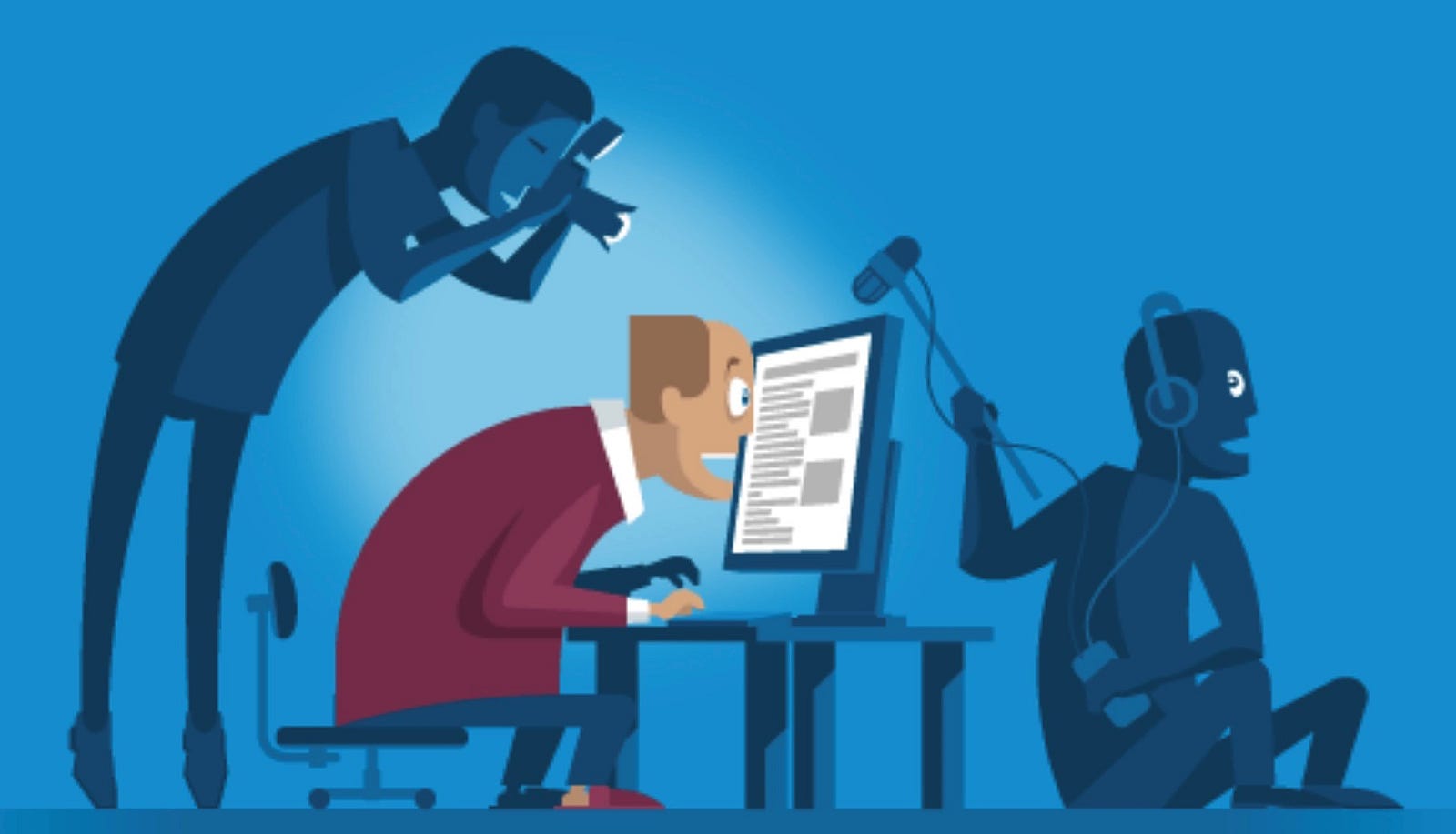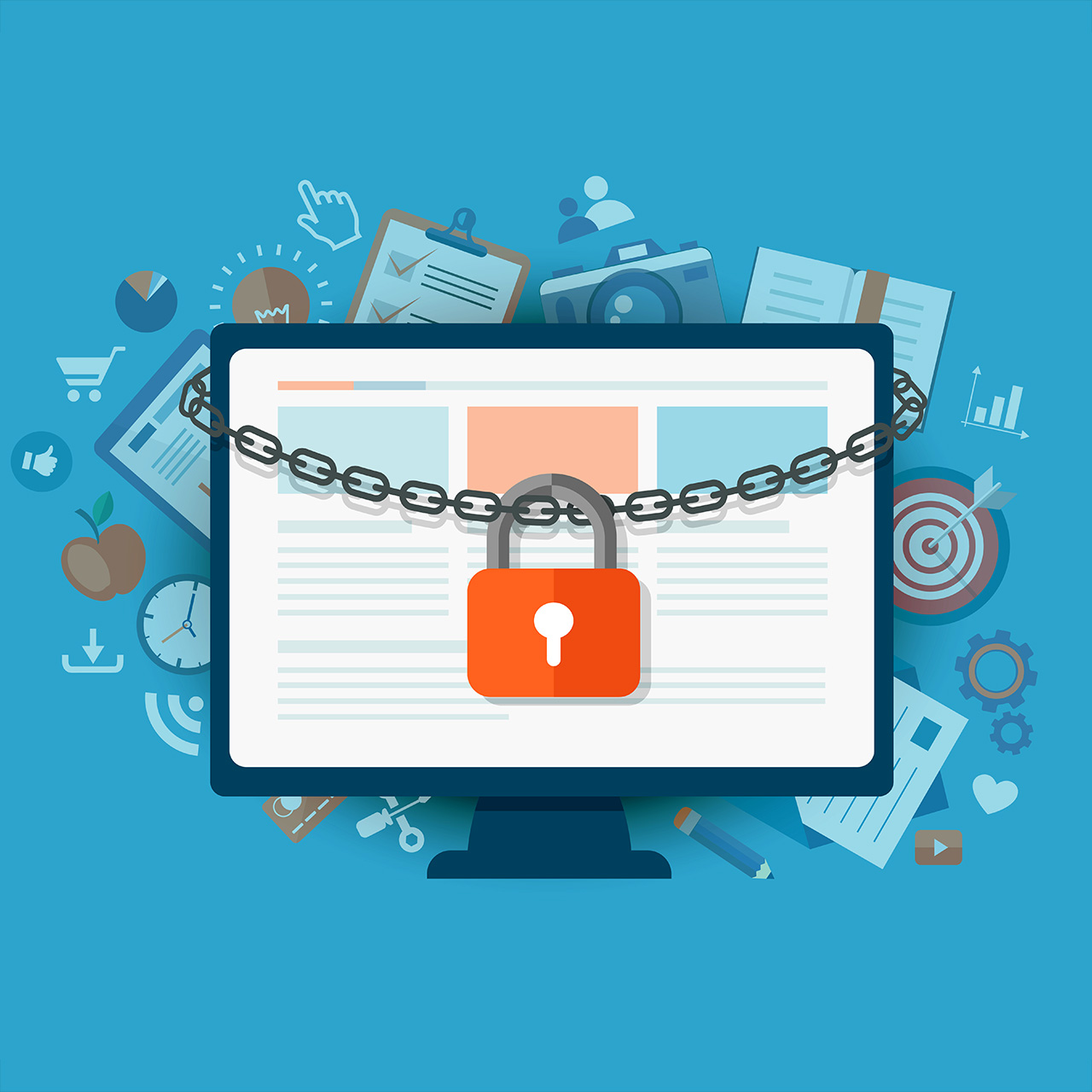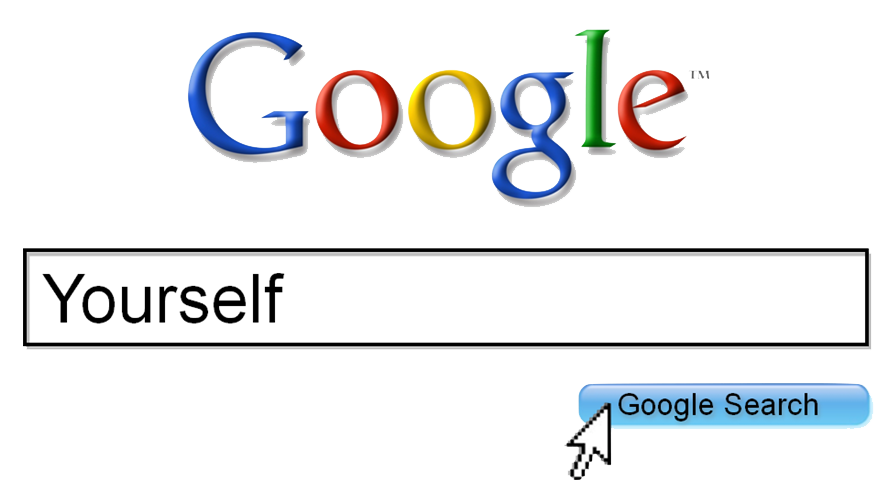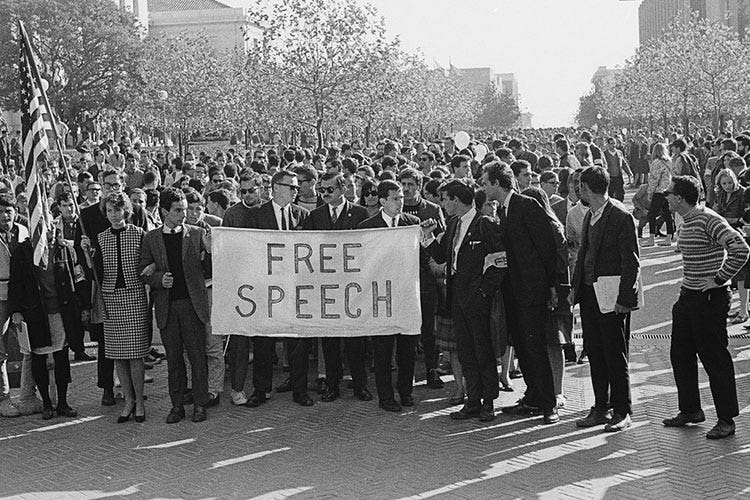1) Challenging the Hegemony of Mainstream Media
2) Advancing First Amendment Imperatives
3) Empowering Individuals to Advance Social/Political Change
1) Challenging the Hegemony of Mainstream Media
After the establishment of blogging in 1999, what started as “computer-based personal diaries” for a small audience has grown into mass media communication used for journalism to large groups of people. Blogging is challenging the idea of hegemony, or “influence or authority over others,” of mainstream media and ideas, such as news sources and political groups.
Currently, according to an article in Business Insider, 90% of media is controlled by only 6 mainstream media sources, as compared to that same percentage run by 50 companies in 1983. Blogging provides a platform for both individuals and smaller groups of people, as well as major journalistic sources, to share their ideas and opinions. However, it is up to the media consumer to choose to read a diversity of sources to develop a holistic understanding of a topic.
2) Advancing First Amendment Imperatives
Through blogging, citizens are having increasing opportunities to participate in self-government by using their rights in the 6 clauses of the First Amendment. Although this communication technology is primarily directed at expanding freedom of speech and freedom of the press, blogs allow individuals to use all parts of the First Amendment, such as speaking about the importance of being able to freely practice one's religion. Blogging is allowing more people and press to share their particular views without fear of punishment from the government.
Additionally, blogging has advanced the Marketplace of Ideas theory--the theory that all of the ideas formed by people from all different backgrounds and viewpoints will 'compete,' resulting in the best idea or solution coming to fruition. Blogging allows for a more diversified dialogue between citizens and the press.

3) Empowering Individuals to Advance Social/Political Change
Blogging can take a variety of forms, giving individuals a platform to create positive change through their own originality and creativity. During the time of the Civil Rights Movement, technology such as this was not available, but now passionate individuals have the opportunity to use these tools to continue to make a positive impact.
Reflection
Overall, by engaging in this interactive learning experience, I have felt more connected to pressing issues by engaging with a variety of news topics--not just politics--on a more frequent basis. I have also discovered the interconnection between all forms of communication, such as social media, blogs, and news websites. Blogging has helped me realize the importance of diversifying my news sources to gain more well-rounded information.
Overall, by engaging in this interactive learning experience, I have felt more connected to pressing issues by engaging with a variety of news topics--not just politics--on a more frequent basis. I have also discovered the interconnection between all forms of communication, such as social media, blogs, and news websites. Blogging has helped me realize the importance of diversifying my news sources to gain more well-rounded information.
Thank you for keeping up with my blog!











